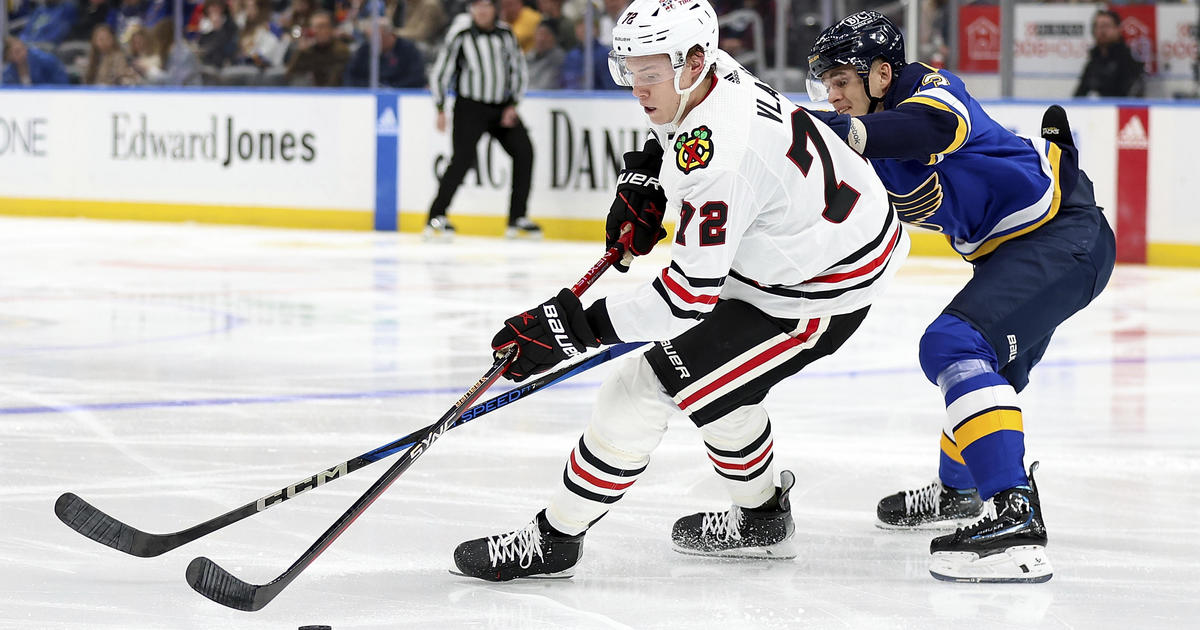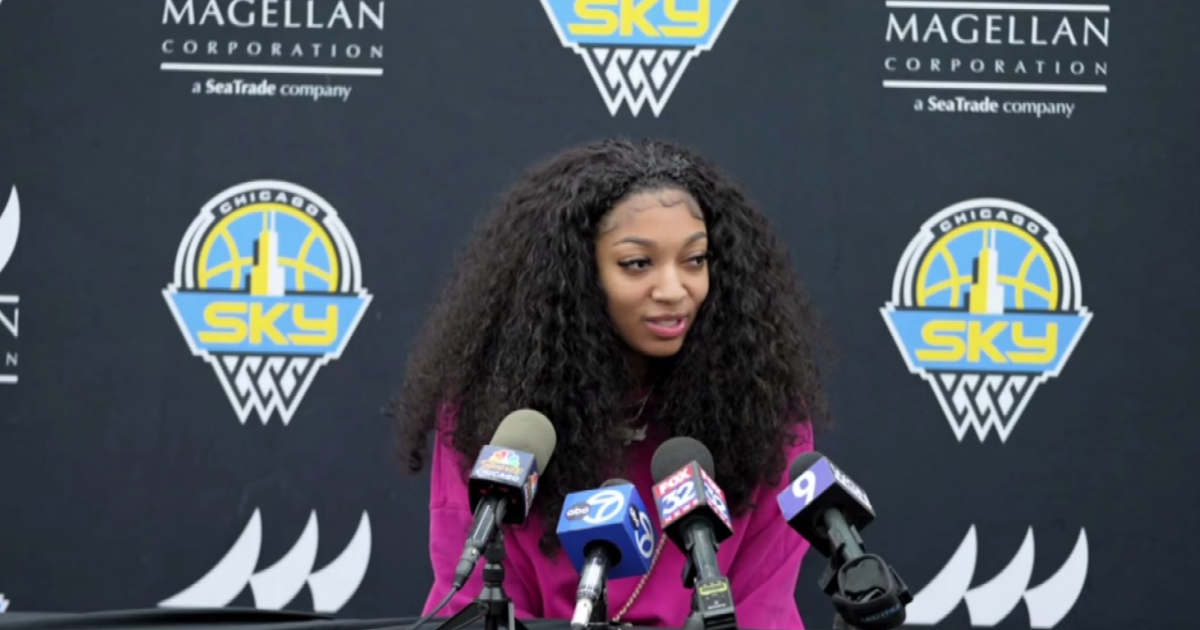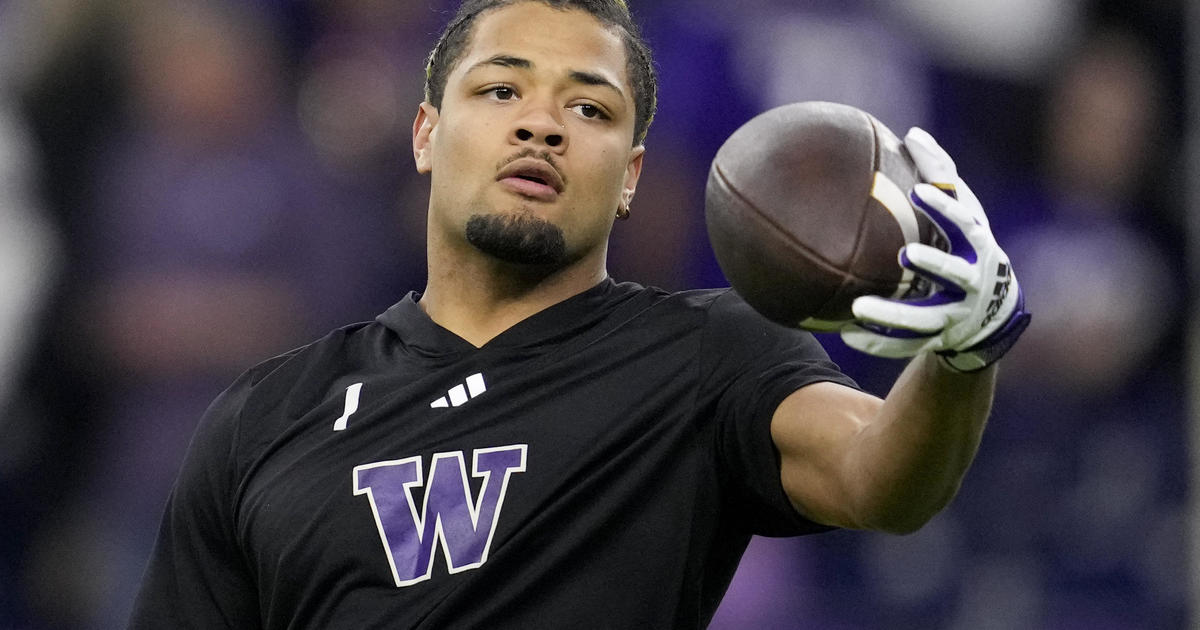Emma: How To Hire The Right College Football Coach
By Chris Emma--
(CBS) Silly Season is upon us, marked by the madness of Black Sunday.
Two days after the perplexing scene of Black Friday, when the masses pummel each other to save 30 percent on a TV, comes the comparable carnage of Black Sunday in college football. A scintillating regular season is largely completed, and it's time for change at schools across the country. Silly Season is underway, with universities attempting to build or rebuild their programs.
Black Sunday marks the beginning of better for some programs but worse for many others. Sadly, Black Sunday far too often brings mismanagement from uninformed university administrators who lack the logic to hire the right coach -- or, even worse, pay a lump sum of cash for a search firm to make ghastly decisions.
The dysfunction began a day early in Champaign, when an athletic department -- and entire university, really -- in total disarray opted to rip the interim tag off Bill Cubit's job title and replace it with super interim, giving the respected veteran coach a two-year deal. By doing so, Illinois made recruiting a daunting task, and any hopes of Cubit building a sustainable Big Ten program become virtually impossible.
Illinois decided, through the confused rhetoric of boosters and replacement administrators, that it wouldn't commit long term to Cubit, making it cheap to pull the plug after the 2016 season if so desired. That's OK for a school paying a lot of people not to work for it, but it's also a loud declaration of turmoil.
While Cubit seems to be a decent guy and respectable coach, he's not someone to build a program at Illinois, a job made even more difficult for a coach who can't promise recruits that he will be in Champaign more than two years.
If the Fighting Illini had any semblance of leadership in place, an athletic director would've been hired weeks ago and the head coaching search would be nearing completion. Whoever takes over the athletic department will be tied to Cubit for at least one season, then can fire him and find his own coach. Illinois may be just delaying the inevitable.
Make no mistake, Illinois is far from the first school to completely botch a coaching hire. It's a constant in college football, coming this time of year.
There are three crucial rules in a coaching change that must be followed.
1.) Just because a coach won in the MAC doesn't mean he can win in the Big Ten
The same can be said for a Sun Belt-to-SEC transition. For every Urban Meyer, who succeeded at Bowling Green before rising up the coaching ranks, there are too many Tim Beckmans or Darrell Hazells, both of whom had good assistants and better luck in their flash-in-the-pan success. Far too often, major conference programs take a chance on a one-year wonder in the Group of 5 conferences, and it fails miserably.
2.) Consider what the coach brings
Baylor emerged from nothingness to the national rankings by hiring the artistic innovator of a brilliant spread system, Art Briles. The next name similar to Briles is Bowling Green coach Dino Babers, whose flashy offense is worth hiring at a big-time school. A program that lacks tradition and resources -- hello, Illinois -- must find something unique in its next coach, whether that's a Nintendo-like offense or a well-connected recruiter.
3.) Don't hire the opposite of the prior coach.
Just because the previous coach was a defensive mind doesn't mean one must go out and find an offensive coordinator. Last year, Nebraska committed this cardinal sin, dismissing Bo Pelini -- whose level of sustained success was viewed as less important than his volatile behavior -- and hired Mike Riley, a nice guy with a poor track record who has been a disastrous fit in Lincoln. When it's all said and done, perhaps after the 2016 season, the Cornhuskers will have set their program back years.
In major college football, there are two ways to conduct a successful coaching search. A school can do what Michigan did last year with Jim Harbaugh and buy a winner. Any program can pool together several million dollars, perhaps even with the power of big-money boosters, and buy a successful coach. And let's be real, there are enough boosters at most major-conference programs to make this happen.
The alternative is conducting a smart, thorough search for the next big coach. It's important for those in charge to operate unafraid of that coach moving on after three years, because that means he built a winner. Stanford knew that Harbaugh had NFL aspirations but reaped the rewards of sustained success. The Cardinal were wise in promoting David Shaw, who has kept Stanford atop the Pac-12.
Coaching searches can often be insufficient, looking at results instead of how they were attained. A program builder, the next Dabo Swinney or Mark Dantonio, can win by instilling an identity. Clemson cleans up recruiting in SEC country, and Michigan State has risen to an elite level with a defensive prowess.
At North Carolina, Larry Fedora is working wonders with an explosive offense. Tennessee hired a terrific recruiter in Butch Jones, who can compete with SEC powers for top prospects. Indiana took its once-dormant program to bowl eligibility by trusting Kevin Wilson to establish an identity through his spread system. At the Group of 5 level, Houston went 11-1 in Tom Herman's first season, with the former Ohio State offensive coordinator recruiting well in Texas.
Now, the coaching carousel starts again. Georgia fired Mark Richt after feeling it isn't in position to compete for championships. The Bulldogs must find a championship coach. My advice would be to outbid North Carolina for Fedora. USC should package its resources and convince Chip Kelly to bring his offense back to the Pac-12. South Carolina would be wise to hire Kirby Smart, the Alabama defensive coordinator who can recruit SEC country.
But the less powerful schools must be carefully creative. Miami should make a move for Greg Schiano, its former defensive coordinator. Maryland should jump for Joe Moglia, the former CEO of TD Ameritrade who's now a rising star as a head coach. And somebody -- anybody -- should strike gold with Oklahoma offensive coordinator Lincoln Riley, the next big thing in flashy offenses.
My list of the next big thing in college coaching also includes (but isn't limited to) Clemson defensive coordinator Brent Venables, Alabama assistant Mario Cristobal, Notre Dame offensive coordinator Mike Sanford, Michigan defensive coordinator D.J. Durkin, Ohio State defensive coordinator Chris Ash and Marshall coach Doc Holliday, among others.
I can offer more suggestions and cost far less than a terrible search firm, too.
Black Sunday is here, the beginning of better for some schools and terrible for most. Those who work wisely in Silly Season get the last laugh.
Chris Emma covers the Chicago sports scene and more for CBSChicago. Follow him on Twitter @CEmma670 and like his Facebook page.



